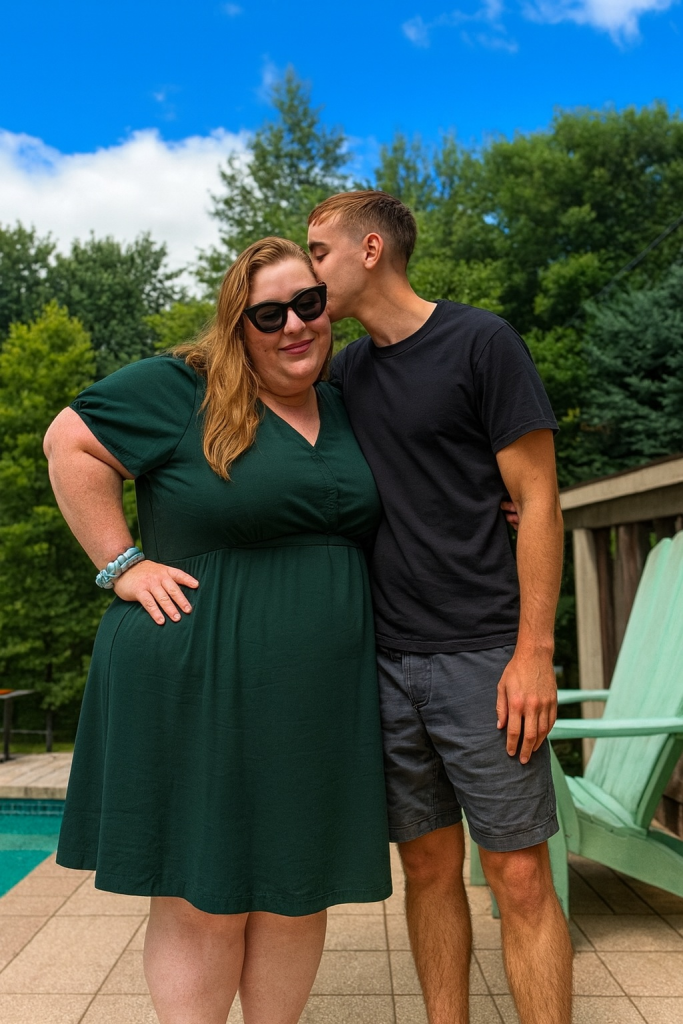
In the gentle, steady rhythm of a long-term relationship, milestones are subtle. They aren’t always a proposal or moving in together. Sometimes, the most significant milestone is being woven into the fabric of your partner’s world. This means meeting the coworkers they complain about over dinner, saying hello to their neighbors, and, most importantly, being introduced to their friends.
These friends are the keepers of their history. They are the ones who knew them before you, who have shared stories and inside jokes for decades. So, when months or even years go by, and you remain conspicuously separate from this circle, it’s more than an oversight. If they never introduce you to their friends, it might be signaling that they are keeping their identity with you compartmentalized from the rest of their life, and they are not planning to fully integrate you into their future.
This isn’t about meeting every single acquaintance. It’s about the consistent pattern of exclusion from their core social group. The reasons for this are rarely benign.
The Unspoken Messages Behind the Exclusion
- You Are a “Compartment,” Not a Chapter: Your partner may be living two parallel lives. There is the life they have with you—intimate, perhaps, but contained. And then there is their “real” life, with their long-standing friends, where they present a different version of themselves. Introducing you would force these two worlds to collide, threatening the carefully constructed separation.
- The Friends Know a Different Truth: This is one of the most painful possibilities. Their friends might know about another person—a spouse, a long-term partner, or even just a different narrative about their availability. You are the secret, and introducing you would expose the lie they’ve been telling everyone, including you.
- You Are a Temporary Figure: Deep down, they may not see you as a permanent part of their life. Introducing you to their friends is an act of investment. It says, “This person is important to me, and I want you, my chosen family, to know them.” By withholding this, they are keeping their options open and avoiding the social hassle of a future breakup.
- They Are Ashamed or Embarrassed: While harder to hear, it’s a possibility. They may be worried about how their friends will perceive you, or conversely, how you will perceive them once you see them in the context of their oldest friendships. They might be a different person with their friends—more boisterous, more reserved—and they don’t want you to see that side of them.
The Difference Between a Slow Build and a Permanent Wall
It’s important to distinguish between a natural timeline and a red flag. In a new relationship, it can take a few months to feel ready for the “friend introduction.” But when the relationship has progressed in every other way—you say “I love you,” you’ve met their family, you spend most nights together—the continued absence of friends becomes a glaring omission.
What to Do When You Notice the Pattern
Staying silent and hoping it will change is a recipe for resentment. The key is to approach the subject with curiosity, not accusation.
- Make a Specific, Low-Pressure Plan: Instead of “Why don’t I ever meet your friends?” try, “I’d really love to meet Jen and Mike sometime. I’ve heard so many stories about them. Maybe we could all grab a drink next week?”
- Observe the Reaction: Their response will tell you everything. A warm, “That’s a great idea! Let me see when they’re free,” is a good sign. A vague deflection, a change of subject, or a promise that never materializes is your answer.
- State Your Feelings: If deflections continue, it’s time to be more direct. “I’ve noticed that I haven’t had the chance to meet any of your close friends, and it’s starting to make me feel like I’m not a real part of your life. Can you help me understand why that is?”
Being kept separate from a partner’s friends is a form of silent treatment. It’s a message delivered not with words, but with absence. It tells you that you are not being welcomed into their full story. In a healthy, committed partnership, both people are proud to bring their beloved into the fold of their community. If that door remains consistently locked, it’s worth asking what—or who—is being hidden on the other side.